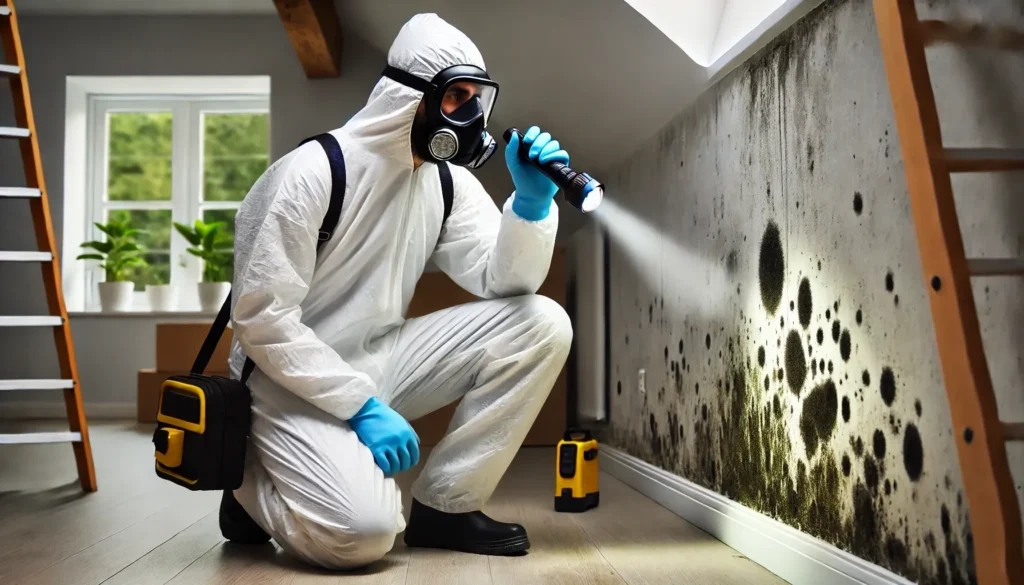When mold is discovered in a property, every hour counts. Mold can spread quickly through walls, ceilings, floors, and even HVAC systems, turning a small problem into a major remediation project. For property managers, acting fast is the difference between a simple fix and a costly, disruptive ordeal.
How Fast Mold Can Spread
Under the right conditions, moisture, warmth, and organic material, mold can start growing within 24 to 48 hours. Once it begins, it releases microscopic spores that travel through the air, settling in new locations and creating additional colonies. Left unchecked, mold can spread to multiple units or rooms, increasing both the complexity and cost of removal.
The Role of Professional Containment
Certified mold remediation companies are trained to contain mold before it moves into unaffected areas. They use plastic sheeting, negative air machines, and HEPA filtration to isolate the contaminated zone. This prevents spores from traveling and ensures that other parts of the property remain safe during cleanup.
“The sooner we can set up containment, the better,” says David Rivers of Los Angeles Mold Remediation Pros. “Speed is everything when it comes to mold. Early intervention means we can often save materials that would otherwise need to be replaced.”
Rapid Moisture Removal
In many cases, mold growth is triggered by water intrusion, whether from a leak, flooding, or high humidity. Professionals know that stopping the water source and drying the area is the first step to halting mold growth. They use industrial dehumidifiers, air movers, and moisture meters to dry spaces quickly, preventing further mold spread.
Minimizing Disruption for Tenants
Quick action doesn’t just reduce mold damage, it also limits tenant inconvenience. The longer mold remediation takes, the greater the disruption to daily life. Fast containment and removal mean less downtime for affected units, fewer tenant complaints, and a quicker return to normal occupancy.
The Cost Advantage of Acting Quickly
The sooner you address mold, the less damage it can cause. Early intervention often means you can clean and restore materials instead of replacing them entirely. This can save property managers thousands of dollars and keep projects on schedule. Waiting too long, on the other hand, can lead to full-scale renovations and even structural repairs.
You may also like
-
What Affects the Cost of Serviced Apartments in Singapore?
-
How Offshore Cleaning Differs Between Oil Platforms and Wind Farms
-
What Are the Different Types of Concrete Foundations in Commercial Construction
-
Locksmith 2025: A Perfect Mix of Security Solutions and Professionalism
-
Top 5 HOA and Accounting Software Solutions

